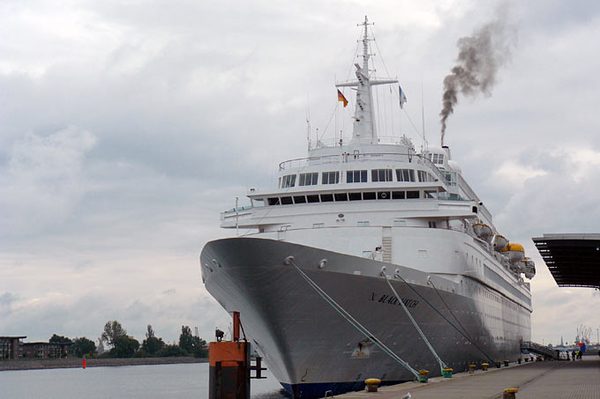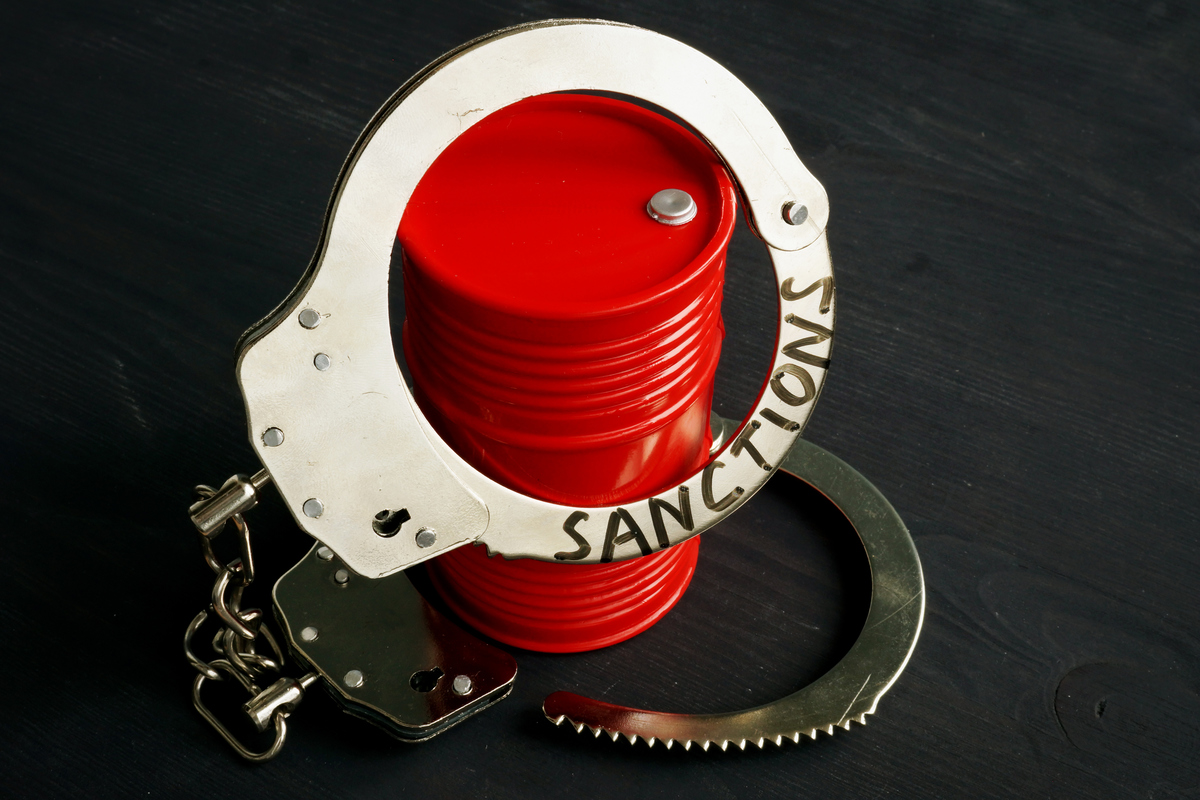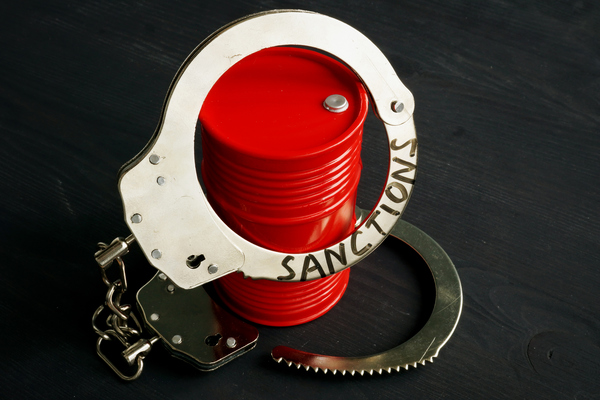NABU calls for IMO to lower Mediterranean sulphur limit to 0.10%
German environmental NGO NABU urges the International Maritime Organisation (IMO) to adopt a Sulphur Oxide Emission Control Area (SECA) in the Mediterranean Sea.
 PHOTO: Cruise ship in port. NABU
PHOTO: Cruise ship in port. NABU
"The international community must take up the proposal for an emission control area in the Mediterranean and do everything possible so that it can be formally decided in December. This is the only way to guarantee entry into force in 2025,” NABU shipping expert Beate Klünder said.
Marine areas with 0.10% sulphur caps are less polluted and benefit nature, the climate and millions of people, she says.
A Mediterranean SECA is up for discussion at a virtual meeting at the IMO this week, along with climate measures like carbon pricing and scrubber waste water.
NABU points to scrubbers having propped up heavy fuel oil demand after the IMO's 0.50% sulphur cap was introduced in 2020.
During the first year with the sulphur cap in place, the global shipping fleet consumed nearly 165 million mt of high and low sulphur fuel oil, with HSFO demand still coming from shipowners with scrubbers installed and no motive to wean themselves off it, argues NABU.
"Heavy fuel oil must be banned immediately, instead of further time-consuming negotiations where the discharge of proven toxic scrubber effluents into our seas is allowed," says NABU’s federal managing director Leif Miller.
To curb greenhouse gas emissions from shipping, NABU says shipping emissions must be halved by 2030 and go net zero by 2050, through measures such as an effective carbon dioxide price and mandates for alternative fuels uptake.






